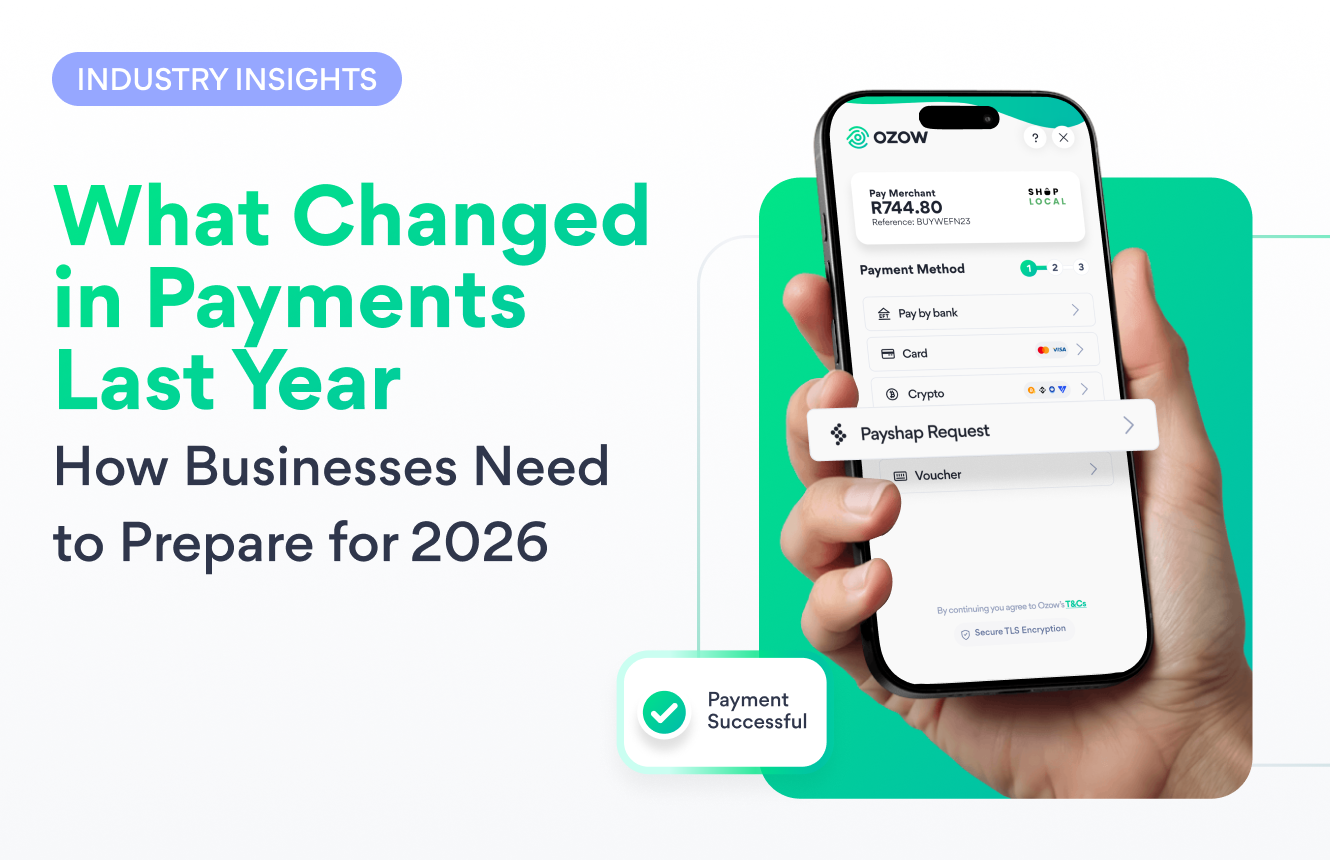
Year on year, the divide between the haves and the have nots continues to increase. In fact, in the history of human kind, the inequality gap has never been larger. Financial inclusion is the first step countries can take to reduce this excessive gap.
A UN Sustainable Development Goal
Traditional models of banking haven’t been able to address all the needs of the population effectively. This has created a space in which fintechs like Ozow can thrive. Through collaboration and innovation, greater portions of the population are no longer unbanked. An important thing to remember is that the needs of the unbanked are the same as the needs of the banked.
This is why financial inclusion has been identified as a key performance indicator to combatting poverty within African countries. It has been viewed as a necessity for developing countries to incorporate as part of the UN’s sustainable development goals. The UN urges African countries to deploy methods of generating greater financial inclusion within their nations. Many African countries have adopted these policies and have been making huge strides in turning it into a reality. Rwanda’s 2020 Vision is a prime example of this, as well as the M-Pesa incentive in Nigeria and other African countries.
Women in an African Economy
African women are the most neglected group in terms of economic participation. Yet, they are still in need of financial services such as sending money home to support their families. The difficulties faced by an African woman in their struggle to gain financial inclusion is nothing new. The tools for greater financial inclusion are all present, it just takes a strong initiative to get the ball rolling. A promising remedy to social and financial inequality is that of instant payment solutions that do not require cards to transact, such as Ozow.
Eradication of Extreme Poverty
One of the proposed benefits of greater financial inclusion is that of poverty reduction. Singling out Africa, it comes as no surprise that this has been identified as a major goal by the UN in order to advance the continent. Financial inclusion helps to alleviate poverty by creating greater participation within the economy for people who have historically been excluded. Greater participation in an African economy promotes economic growth, empowerment and reduces income inequality. Groups who have never participated in the economy now can. This enables people to add value and gives them the necessary tools to lift themselves out of poverty.
Investment in Africa
Africa has been identified as an economy that would greatly benefit from financial inclusion. Sound, inclusive and sustainable financial economies are essential to building shared prosperity and eradicating poverty.
This is not anything new – Africa has been increasing financial inclusion year on year and the results are starting to show. The greater possibilities for investment within the continent are highly promising, with many major multinationals showing interest in the growth potential of a financially included Africa. In 2021 alone, the continent received a record amount of $83 billion in direct foreign investment.
Africa’s future is highly promising. Coupled with the rise of financial inclusion, the possibilities are endless. We are currently on the cusp of a societal breakthrough, and so, companies that increase financial inclusion, such as Ozow, are of utmost importance to Africa.
Citations
-
Staff Writer








